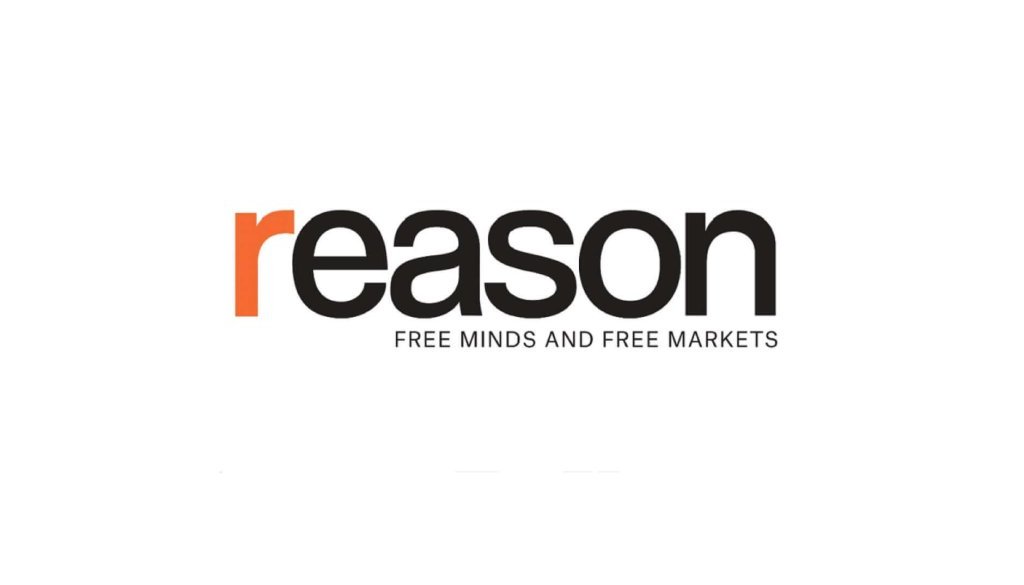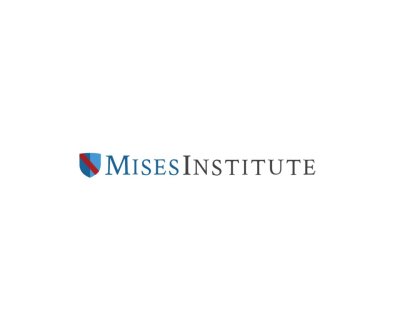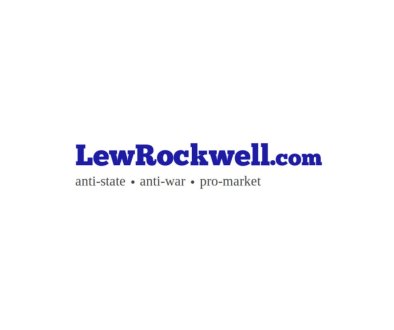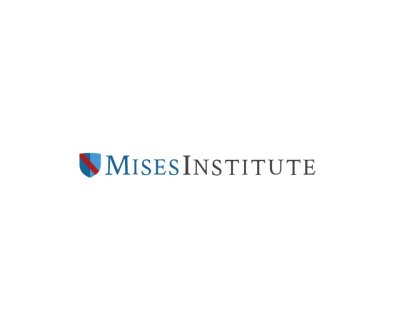Trade War With China
We’re doing a trade war: It’s just not quite as extensive as previously feared.
President Donald Trump announced yesterday, after more market bloodbath, that he would pause the implementation of his reciprocal tariffs (the higher-level ones) for 90 days, but that the 10 percent universal tariffs would remain in place and that tariffs on Chinese products would be raised to 125 percent. Stocks rallied. Goldman Sachs rescinded its recession prediction, which had put “the probability of a downturn at 65% in the next 12 months” per Bloomberg. (Now it’s been adjusted to 45 percent.)
“I thought that people were jumping a little bit out of line,” Trump said Wednesday. “They were getting yippy—you know, they were getting a little bit yippy, a little bit afraid.”
Just to recap following Bessent’s briefing to reporters here at the White House:
– Tariffs on China increased to 125%
– 90 day pause on reciprocal tariffs amid negotiations
– Tariff level brought down to a universal 10%
– Canada and Mexico are part of the 10%
– Pause won’t impact…— Shelby Talcott (@ShelbyTalcott) April 9, 2025
In other words, we’ve been anchored. It’s a classic negotiation tactic. Now, 10 percent universal tariffs—and massive tariffs that cripple trade with China—don’t feel so bad, do they? We’ve been primed to believe the worse alternative would become reality.
This reality is still a bad one, though. And nobody really knows what changed his mind: The Wall Street Journal reports that Trump watched an interview with JPMorganChase CEO Jamie Dimon on Fox Business, in which Dimon said a recession would be a “likely outcome” of the tariffs. “I’m taking a calm view, but it could get worse,” added Dimon. There’s some thought, given the timing here, that this influenced the president, who later said of Dimon: “He’s very smart, and very genius financially, did a fantastic job at the bank. And he knows that everybody knows that.”
Nobody really knows for sure. Elon Musk had been privately sounding the alarm. Bill Ackman had taken his concerns public. Treasury Secretary Scott Bessent surely played a big role (and publicly turned around and claimed “This was [Trump’s] strategy all along”).
There are a few takes you could conceivably have, maybe even multiple at once. One is that there’s far too much power vested in the executive; that the power to tax has been delegated to Congress, that tariffs are taxes, and that the president attempting to unilaterally impose such taxes—and transform our economy overnight—is a constitutional breach.
Related is the idea that Republicans will at some point be punished for this:
History says the GOP should be terrified of the electorate now:
McKinley tariff 1890: The House flipped midterms from R +7 to D +147. In 1892, D secured unified control of gov for first time in 34 years.
Smoot-Hawley 1930: In midterms, D gain of 52. In 1932, D unified control. pic.twitter.com/bYKF7vVAIM
— Johan Norberg (@johanknorberg) April 8, 2025
Another is that China is our adversary, and that we’re far too dependent on China for everything from appliances to machinery to penicillin. These tariffs will provide a clear incentive for domestic manufacturers to ramp up their production of goods we previously relied on China to supply; a transition that was both inevitable and sorely needed.
Another is that, since China is our adversary, a trade war (or a cold war) is more likely to lead to a hot one; our economic interdependence lowered the likelihood of actual conflict on both sides. We extricate
Article from Reason.com

The Reason Magazine website is a go-to destination for libertarians seeking cogent analysis, investigative reporting, and thought-provoking commentary. Championing the principles of individual freedom, limited government, and free markets, the site offers a diverse range of articles, videos, and podcasts that challenge conventional wisdom and advocate for libertarian solutions. Whether you’re interested in politics, culture, or technology, Reason provides a unique lens that prioritizes liberty and rational discourse. It’s an essential resource for those who value critical thinking and nuanced debate in the pursuit of a freer society.




